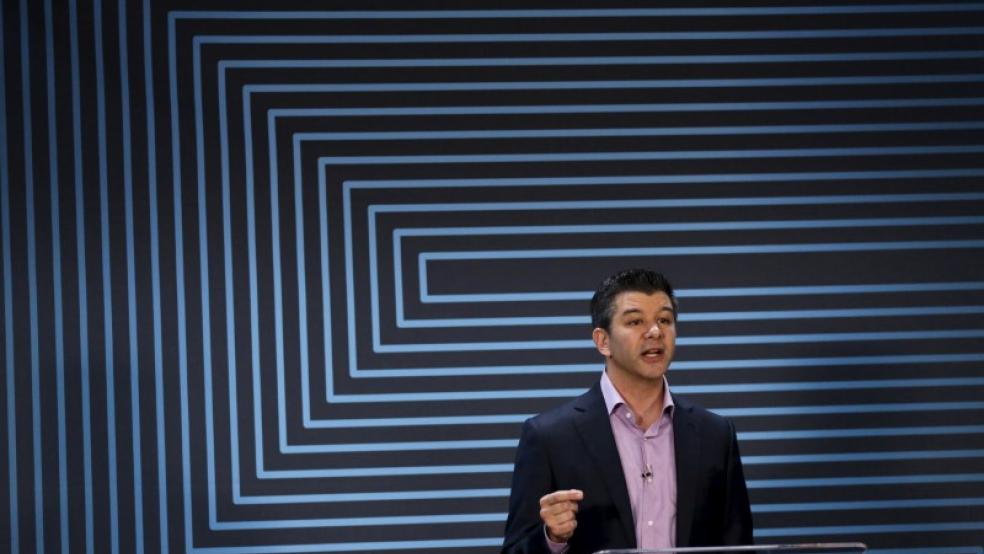The gig economy conjures images of Uber drivers zipping around town while happily setting their own work schedules, but a new report finds that a lot of low-skilled freelance work is unsustainable.
“The narrow focus on these low-skilled ‘gigs’ misses a larger story,” states the report, Beyond the Gig Economy: How New Technologies are Reshaping the Future of Work, by Jon Lieber, chief economist at the freelance marketplace Thumbtack. “These relatively commoditized, undifferentiated services are supplementing income, not generating middle-class lifestyles. Moreover, these tasks are overwhelmingly likely to be automated over time, performed by self-driving cars and drones.”
Related: Uber Under Attack: What Critics Get Wrong
However, the same technology that made such jobs possible is also fueling a shift to freelance work by highly skilled professionals such as designers and developers. Those workers are the ones who stand to benefit the most from the gig economy, the report says.
Since skilled freelancers can set their own prices and build their own brand, they have greater control over the success of their business and career growth. That may be why a growing number of white-collar workers are opting not to return to staff positions in the post-recession economy, working instead as contractors in roles that offer more flexibility but less security and no benefits.
A third of American workers freelanced last year, with 60 percent of freelancers doing so by choice, according to a study by Upwork. In the short term, the number of both skilled and unskilled people working on-demand jobs will more than double by 2020 to 7.6 million, according to Intuit.





